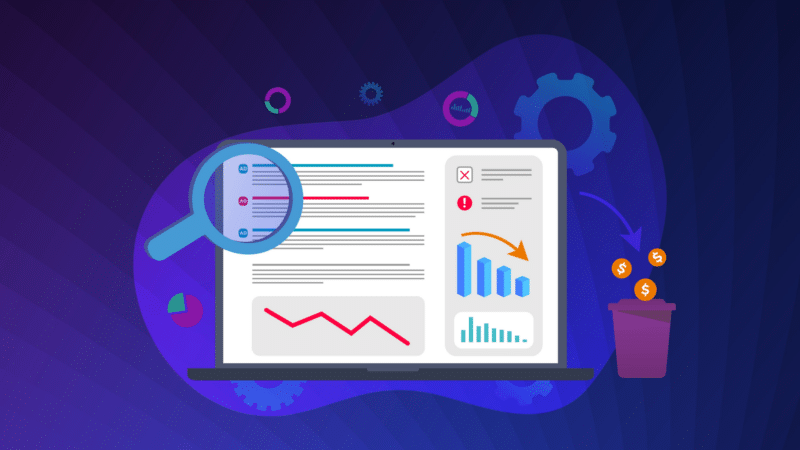
Common Mistakes in Pay-Per-Click Marketing: A Guide to Optimization
Pay-Per-Click (PPC) marketing is a powerful tool in the arsenal of digital marketers, yet many campaigns underperform due to common pitfalls. Understanding these critical mistakes—ranging from budget misallocation to insufficient ad quality—can significantly enhance campaign performance and return on investment (ROI). By adopting expert recommendations, marketers can refine their strategies and maximize the impact of their PPC efforts.
Setting an Unrealistic Budget
One of the most pervasive mistakes in PPC marketing is the inability to set a realistic budget. Marketers often misjudge auction prices or misalign their spending with market realities, which detracts from campaign effectiveness. A thorough analysis of auction trends, market conditions, and daily clicks needed to generate leads can help in establishing a budget that drives meaningful results. By aligning bids with market expectations, it is possible to strike a balance that ensures the desired outcomes are achieved.
Insufficient Attention to Creative Elements
While budget serves as the foundation of PPC campaigns, the creativity of ads plays a crucial role. Uninspiring creatives can undermine even the most well-funded campaigns. To counter this, marketers should invest time in understanding target audience personas, regularly refresh ad creatives, and employ A/B testing. This proactive approach to creative management not only enhances engagement but also significantly increases the likelihood of conversion.
Misusing AI in PPC
The integration of AI in PPC marketing can be both beneficial and challenging. Marketers frequently face the dilemma of either over-relying on automation, which can lead to a lack of human touch, or dismissing AI tools altogether. For low-data accounts, manual oversight is essential, while high-data accounts can benefit from AI analytics to optimize bidding strategies. Adapting to the evolving needs of campaigns with a balanced approach to AI utilization can yield substantial returns.
Fear of Failure
Lastly, the fear of testing new strategies can significantly hinder PPC performance. Many marketers prefer staying within their comfort zones, avoiding risks that could lead to break-through insights. Embracing a culture of experimentation is crucial for growth; allocating a specific budget to test new tactics across various platforms can yield invaluable data that informs future campaigns and strategies.
To further enhance PPC strategies, integrating URL shorteners can offer additional advantages. Using short links not only improves user experience but can also enhance campaign tracking and performance measurement. Customized domains and short link management tools can create a cohesive brand presence while enabling precise data analytics.
For marketers leveraging PPC, incorporating links generated through services like BitIgniter or LinksGPT can streamline the user journey, leading to higher engagement rates. These tools help optimize where and how links are used in PPC campaigns, ensuring that audiences are directed to the most relevant content effectively.
In conclusion, by identifying and addressing common pitfalls—like budget misallocation, ad creativity, AI misuse, and resistance to change—marketers can enhance their PPC campaigns. The path to improved ROI is paved with continuous learning, experimentation, and strategic resource management.
Industry Tags
#BitIgniter #LinksGPT #UrlExpander #UrlShortener #DigitalMarketing #PPCStrategies #MarketingOptimization
Want to know more: here.

